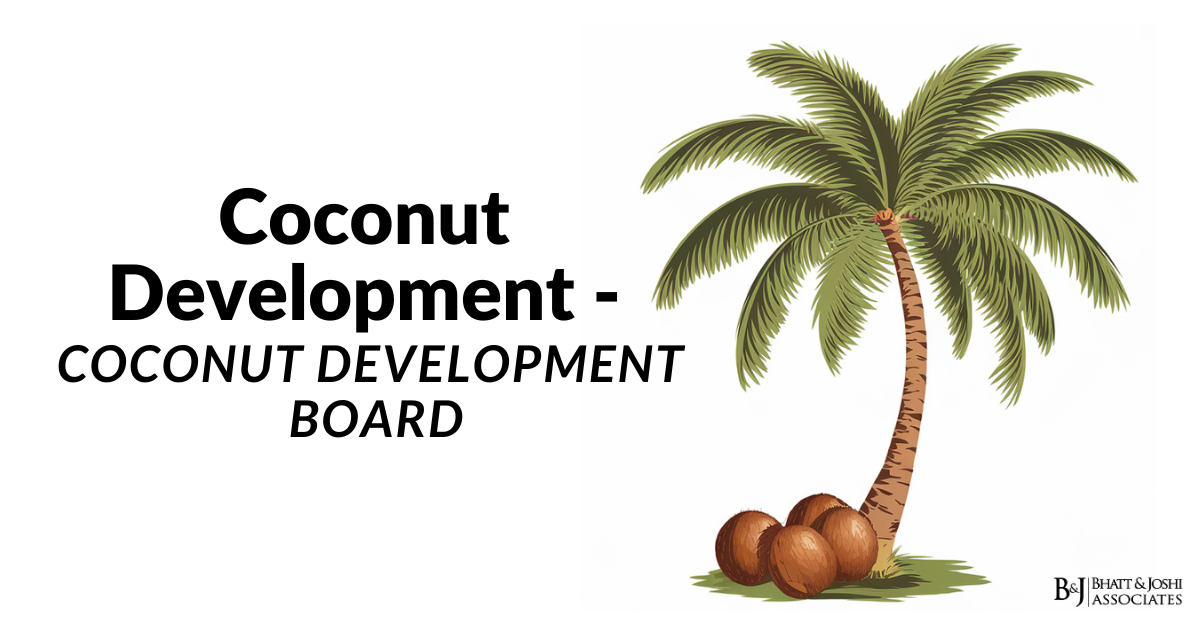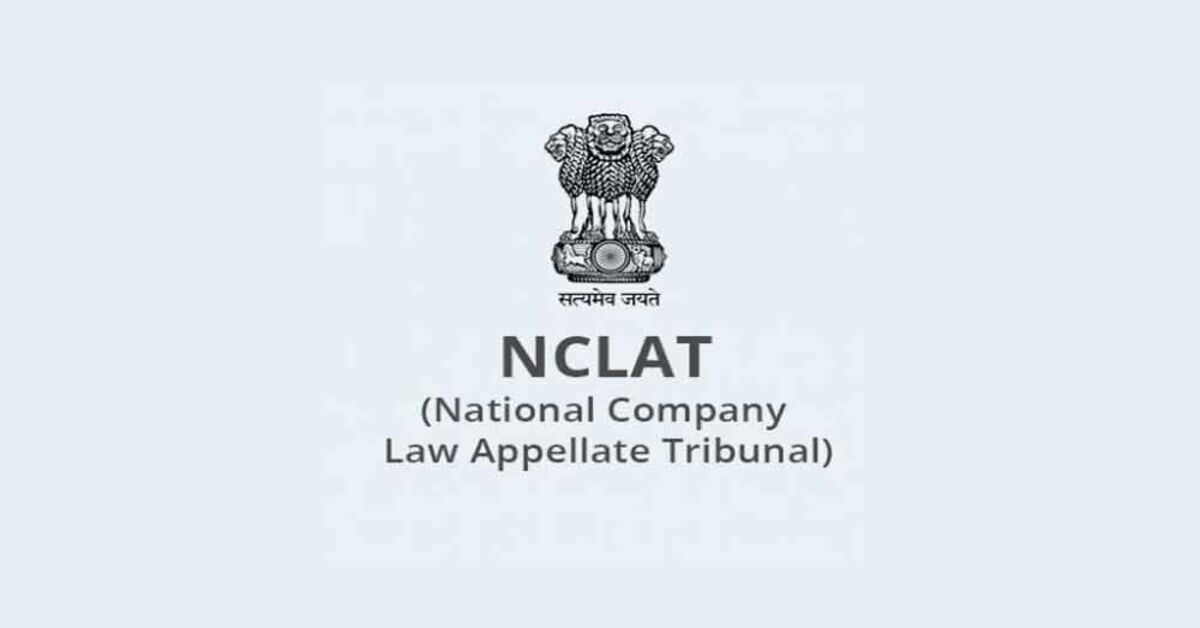Introduction
The coconut industry is an integral part of India’s agricultural sector, especially in the southern states of Kerala, Tamil Nadu, Karnataka, and Andhra Pradesh. India is one of the largest producers of coconuts globally, and the crop plays a critical role in the livelihoods of millions of small and marginal farmers. The Coconut Development Board (CDB), established under the Coconut Development Board Act, 1979, is tasked with promoting the development of coconut cultivation, processing, and marketing. This article explores how the coconut industry is regulated by the Coconut Development Board, the legal framework governing the sector, and the relevant laws and case laws that have shaped its development.
Formation and Role of the Coconut Development Board (CDB)
The Coconut Development Board (CDB) was established in 1981 as a statutory body under the Coconut Development Board Act, 1979. The CDB functions under the Ministry of Agriculture and Farmers’ Welfare and has its headquarters in Kochi, Kerala. Its primary objective is to promote the integrated development of the coconut sector, covering areas such as cultivation, processing, value addition, and marketing. The Board also provides financial and technical support to coconut farmers and processors.
India’s coconut production is primarily concentrated in the southern and coastal regions, with Kerala being the largest producer. Coconut is a versatile crop with multiple applications in food, cosmetics, and industrial products, making it an economically valuable commodity.
Functions and Responsibilities of the Coconut Development Board
The Coconut Development Board is responsible for promoting the growth of the coconut industry through various developmental schemes and regulatory measures. Its core functions include:
- Development of Coconut Cultivation: The CDB is tasked with promoting scientific methods of coconut cultivation to increase productivity and enhance the quality of coconuts. It provides technical assistance to farmers in adopting modern farming techniques, including the use of high-yielding coconut varieties and disease management practices.
- Promotion of Coconut-based Industries: The Board plays a critical role in promoting industries based on coconut products, including coconut oil, desiccated coconut, coir, and coconut shell products. The CDB facilitates the establishment of processing units and provides financial support for upgrading technology and infrastructure.
- Financial Assistance to Coconut Farmers: The CDB provides financial assistance to coconut farmers through various schemes aimed at improving productivity, replanting old coconut palms, and adopting organic farming practices. These schemes are particularly beneficial to small and marginal farmers who lack access to credit.
- Value Addition and Product Diversification: The CDB promotes the value addition of coconut products by encouraging farmers and processors to diversify into high-value products such as virgin coconut oil, coconut sugar, and coconut water. The Board provides technical and financial support for establishing processing facilities for these products.
- Research and Development: The CDB funds research on coconut cultivation, pest and disease management, and the development of new coconut-based products. The Board works closely with research institutions and universities to improve the productivity and profitability of coconut farming.
- Export Promotion: The CDB actively promotes the export of coconut products by facilitating access to international markets, providing export incentives, and participating in global trade fairs. The Board ensures that Indian coconut products meet international quality standards, enhancing their competitiveness in global markets.
Regulatory Framework Governing the Coconut Industry
The coconut industry in India is governed by a combination of central laws, government policies, and schemes administered by the Coconut Development Board. The Coconut Development Board Act, 1979 serves as the primary legislation governing the regulation and promotion of the coconut industry.
Coconut Development Board Act, 1979
The Coconut Development Board Act, 1979 provides the legal framework for the establishment and functioning of the Coconut Development Board. The Act empowers the CDB to regulate all aspects of coconut cultivation, processing, and marketing.
Key provisions of the Act include:
- Development of Coconut Cultivation: The Act mandates the Coconut Development Board to promote the development of coconut cultivation by providing technical and financial support to farmers. The Board is also responsible for implementing schemes aimed at increasing coconut productivity and improving the quality of coconuts.
- Promotion of Coconut-based Industries: The Act empowers the CDB to promote industries based on coconut products by facilitating the establishment of processing units and providing financial assistance for technology upgrades and infrastructure development.
- Collection of Statistics and Market Information: The CDB is tasked with collecting and disseminating market information on coconut production, processing, and marketing. This helps farmers and processors make informed decisions about pricing, marketing, and exports.
Plantation Labour Act, 1951
The Plantation Labour Act is applicable to large coconut plantations and mandates that plantation owners provide essential amenities such as housing, healthcare, and education to workers. The CDB collaborates with government agencies and plantation owners to ensure compliance with labor laws and improve the welfare of workers on coconut plantations.
Foreign Trade Policy (FTP)
The Government of India’s Foreign Trade Policy provides incentives for the export of coconut products under various schemes, such as the Merchandise Exports from India Scheme (MEIS) and the Export Promotion Capital Goods (EPCG) Scheme. The CDB works with exporters to ensure that they take advantage of these schemes to promote the global trade of Indian coconut products.
Integrated Farming Systems (IFS)
The government’s Integrated Farming Systems approach, which is supported by the CDB, encourages coconut farmers to adopt a multi-crop farming system. This system allows farmers to grow other crops, such as spices and vegetables, alongside coconut palms, thereby diversifying their income sources and improving farm sustainability.
Key Case Laws Shaping the Coconut Industry
Coconut Development Board v. Union of India (1989)
In this case, the Coconut Development Board challenged the central government’s decision to reduce the financial allocation for coconut development programs. The Board argued that such a reduction would adversely affect the implementation of key development schemes for coconut farmers. The court ruled in favor of the Board, stating that the government must ensure adequate funding for the development of the coconut sector, as mandated by the Coconut Development Board Act. This case highlighted the importance of consistent government support for the coconut industry.
Kerala Coconut Farmers Association v. State of Kerala (2005)
This case involved a dispute over the imposition of a cess on coconut farmers by the state government of Kerala. The Coconut Farmers Association argued that the cess was an excessive financial burden on small and marginal farmers. The court ruled in favor of the farmers, stating that the imposition of additional taxes on coconut cultivation must not disproportionately affect small farmers who are already struggling with low yields and income. The ruling underscored the need for a balanced approach in regulating the coconut industry, especially when dealing with smallholder farmers.
Coconut Producers Society v. Coconut Development Board (2010)
In this case, the Coconut Producers Society challenged the Coconut Development Board’s decision to withhold financial assistance to certain coconut processing units that had failed to meet the required quality standards. The court upheld the CDB’s decision, affirming its authority to regulate the quality of coconut products and ensure that financial assistance is provided only to those units that adhere to the Board’s quality standards. This case reinforced the CDB’s role in maintaining quality control across the coconut value chain.
Challenges in Regulating the Coconut Industry
Low Productivity
One of the major challenges faced by the Coconut Development Board is the low productivity of coconut palms in India. Many coconut plantations are old, with low-yielding trees that require replanting. Rejuvenating these plantations is a costly and time-consuming process, and many farmers lack the financial resources to invest in replanting. The CDB provides financial assistance for replanting, but the scale of the problem remains significant.
Price Volatility
Coconut prices are highly volatile, with fluctuations driven by changes in demand and supply both domestically and globally. Small and marginal farmers, who make up a significant portion of coconut growers, are particularly vulnerable to price fluctuations, which can significantly affect their income. The CDB has introduced price support schemes to mitigate the impact of price volatility, but stabilizing the coconut market remains a challenge.
Pests and Diseases
Coconut palms are vulnerable to a variety of pests and diseases, including the red palm weevil and root wilt disease, which can devastate plantations. Managing these pests and diseases is a significant challenge for the Coconut Development Board, which works with research institutions to develop disease-resistant coconut varieties and promote integrated pest management practices among farmers.
Fragmented Production
Coconut production in India is highly fragmented, with a large number of smallholder farmers cultivating coconuts on small plots of land. This fragmentation presents challenges in terms of ensuring uniform quality standards, providing financial assistance to all growers, and promoting large-scale processing and marketing.
Recent Developments and Reforms in the Coconut Industry
Replanting and Rejuvenation Scheme
The Coconut Development Board has introduced a Replanting and Rejuvenation Scheme aimed at replacing old and low-yielding coconut palms with new, high-yielding varieties. The scheme provides financial assistance to farmers for replanting and is essential for improving the productivity of coconut plantations. The Board also promotes the use of disease-resistant coconut varieties to reduce the impact of pests and diseases on coconut farms.
Promotion of Value-added Coconut Products
In recent years, the CDB has focused on promoting value-added coconut products such as virgin coconut oil, coconut water, coconut milk, and coir-based products. By encouraging farmers and processors to diversify into high-value products, the Board aims to increase the profitability of the coconut sector and reduce the industry’s reliance on raw coconut sales.
Sustainable and Organic Farming Initiatives
The Coconut Development Board is actively promoting sustainable and organic coconut farming practices. Farmers are encouraged to adopt organic farming methods, which not only improve the health of coconut plantations but also provide access to premium markets for organic coconut products. The Board provides financial and technical support to farmers who wish to transition to organic farming and helps them obtain organic certifications.
Digital Marketing and E-commerce Platforms
To modernize the marketing of coconut products, the Coconut Development Board has launched digital marketing initiatives and e-commerce platforms. These platforms help coconut farmers and processors connect with domestic and international buyers, improving market access and reducing the role of intermediaries. By leveraging digital tools, the Board aims to increase the competitiveness of Indian coconut products in global markets.
Conclusion
The Coconut Development Board plays a crucial role in regulating, promoting, and developing the coconut industry in India. Through its regulatory framework under the Coconut Development Board Act of 1979, the Board ensures that coconut farmers and processors receive financial and technical support, promotes the value addition of coconut products, and facilitates the export of Indian coconut products.
However, challenges such as low productivity, price volatility, pests and diseases, and fragmented production continue to affect the industry. As the Coconut Development Board introduces reforms to promote replanting, value addition, and organic farming, its efforts will be critical in ensuring the long-term sustainability and profitability of India’s coconut sector.














